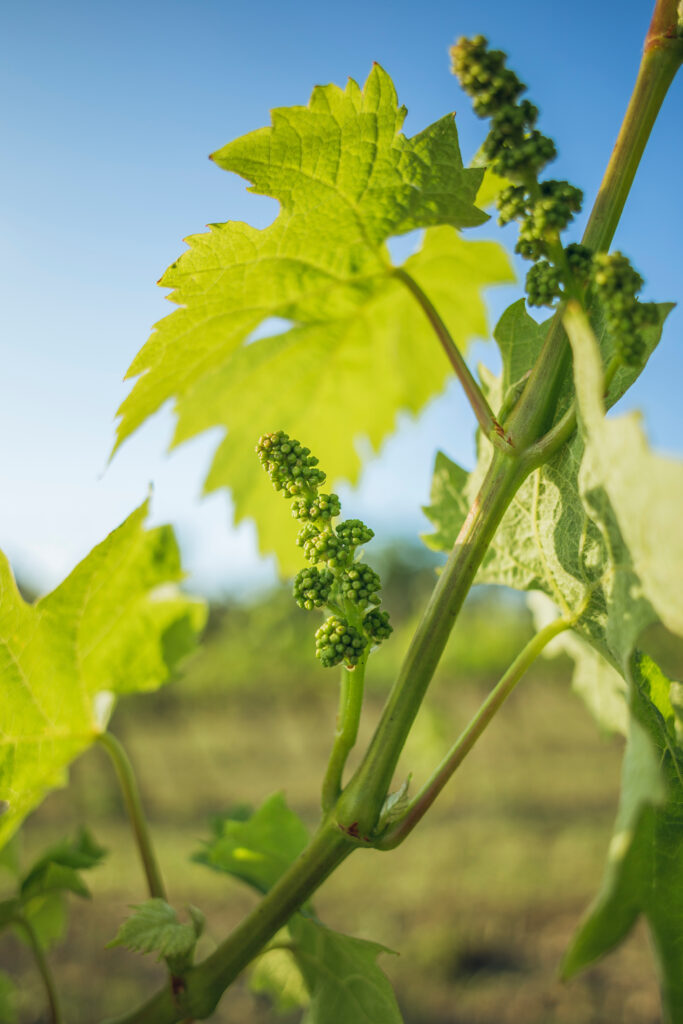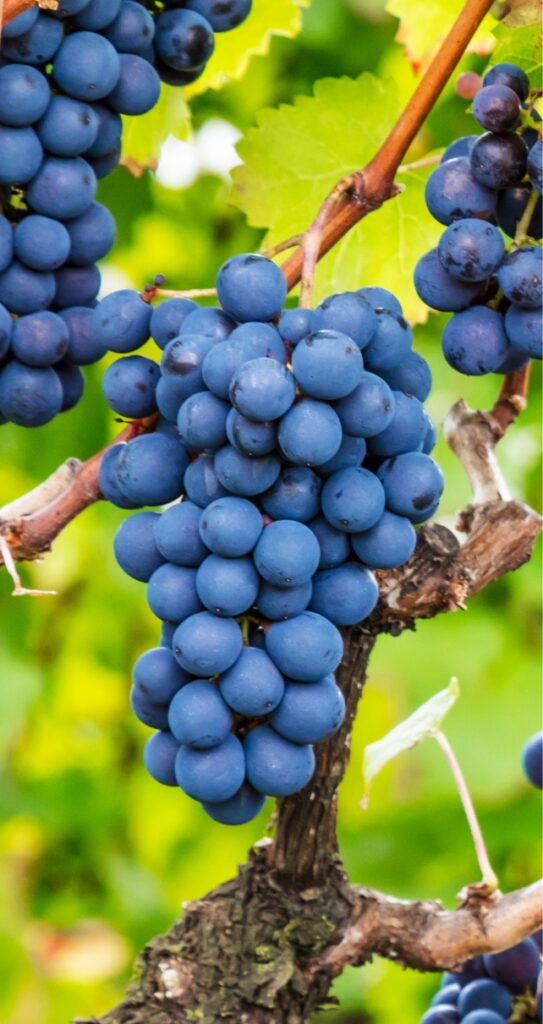Wine grapes may have limited requirements, yet need soils in equilibrium and a good root establishment. The use of microorganisms is recommended during the early stages and subsequently to keep the bark clean.
Table grapes require strong root structure and high nutrition capacity. Microorganisms should be used together with organic matter (OM) to ensure an adequate nutrient availability.
Resistance inducers and natural barriers have been integrated with success in programmes against major pathogens including downy and powdery mildew, botrytis, thrips, scaphoideus, in organic farming and for production of natural wines.
SOIL VITALITY and HEALTH
Enhance microbial development in the rhizosphere, improves soil health and creates favourable conditions for root development.
Soil Regeneration
Soil Resistance Inducer
Incorporating prior to transplant, improves soil conditions.
Soil Health
Association of microorganisms for decomposition, nutrients solubilization, prevention
Fertiliser useful for root development and microbial multiplication
When applied at transplant and/or 10 days later, it improves decomposition, nutrient solubilisation and disease prevention.
Soil prevention
Trichoderma for decomposition, denitrification, prevention of root damage
Association of microorganisms for increased soil health and reduction of nematode damage
As soils need to remain healthy for the duration of the crop cycle, these products are used to colonise the soil, maintain the organic matter decomposition and nutrient availability. They will also reduce the risk of any rapid pathogens’ development such as fungi and nematodes.


PLANT HEALTH and RESILIENCE
Natural extracts forming a surface barrier or inducing a reduced aggressivity from pathogens are also solutions useful to complete existing programmes.
Resistance
Contains conifer bark extracts, copper and sulphur
Conifer bark extracts (100%) used as a barrier to spores’ entry through the stoma
The product presence on the vegetation provides a barrier to various adversities, mostly fungi.
Resilience
Contains Lecithin, a natural barrier for sucking insect
Contains Neem oil (80%), a natural anti-feeding agent
Basic substance – Chitosan, elicitor useful in programmes against powdery mildew and botrytis
Contains propolis, resistance inducer and healing agent
Basic substance – Salicin, known to induce defence mechanisms against downy mildew
Chestnuts bark tannins (75%) shown to create a chemotropic disorder, reducing infections from bacteria and oomycetes
Products, when absorbed by plants, trigger the natural defence mechanisms against pathogens, creating a preventive shield and maintaining the plant healthier. These solutions are normally used in programmes in order to cover the periods of major risks.
NUTRITION
Bio-stimulant – stress reduction, stimulation of physiological phases
The product optimises the nutrition by reducing abiotic stresses and improving root absorption. It improves fruit set, fruit enlargement and production.